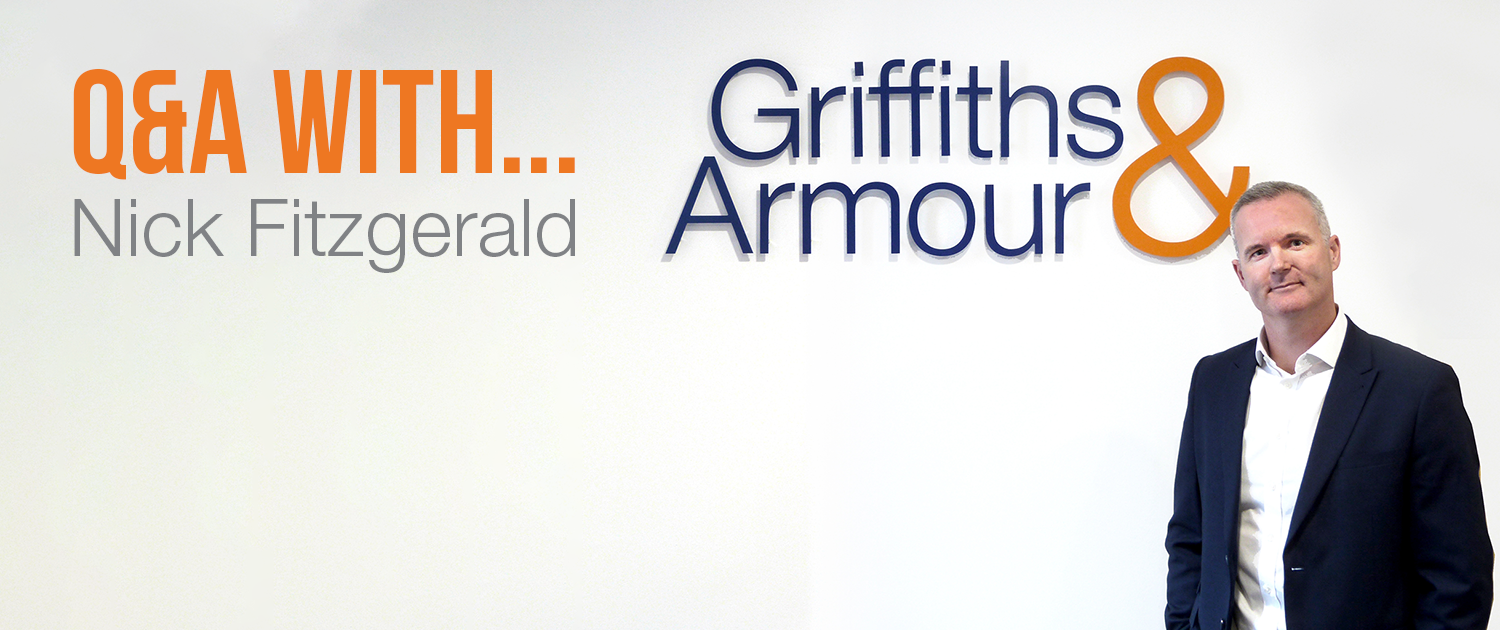Universities – the Insurance market during COVID-19
In the wake of COVID-19, with more colleagues working from home and an increase in online teaching, the University sector is exposed to a variety of risks which, without the correct insurance protection in place, can have a devastating impact. Business Continuity and Cyber Security was already positioned as two of most Universities top 5 business risks and the current environment makes understanding your university’s individual risks hugely important.
We spoke to our Client Services Executive, Nick Fitzgerald for his views on the insurance landscape for Universities in 2020. Below, Nick offers a unique perspective on issues surrounding this sector, and discusses how your University can get the most from its insurance expenditure in the future.
What does the insurance landscape look like for Universities in 2020?
The operating environment has scarcely been more challenging, as Universities try to adapt to shifting government policy, travel restrictions affecting incoming International students and the practicalities of managing a post-COVID-19 return to teaching. The shift to online learning or a blended online and face to face teaching model alters Universities’ risk profiles. One example of this would be Cyber Risks / Data Governance Risk. The recent Security Alert from the National Cyber Security Centre explains how the NCSC has been investigating an increased number of ransomware attacks affecting Universities. You can find more information by clicking here.
At a time when Universities are trying to cut their cloth financially it may be difficult to secure sign off for any new insurance spend on a dedicated Cyber policy. Griffiths & Armour’s approach is based on a risk audit. It is beneficial to consider a University’s risk maturity before engaging with the insurance market. To find out more about our unique approach to managing Cyber Risks for Universities, download our brochure by clicking here.
Are any particular classes of insurance becoming more difficult to secure as the market hardens?
PROPERTY – For those Universities who have just completed their August renewals and who aren’t in long-term agreements with their current insurers, they will start to experience some hardening of the property insurance market. The sector has suffered fire, flood and escape of water losses and the sentiment from insurers seems to be that historical premium rates are lower than where they need to be. It will be vital for brokers to articulate a clear story on values at risk, estimated maximum losses and accumulations of risk to get the most from insurers and stimulate competition. Our in-house risk management team work throughout the year ensuring that survey reports are up to date and risk improvements are well managed. Having a broker who invests the time compiling broking reports including areas such as methods of construction, cladding position for residential buildings and listed buildings will help differentiate your risk positively at future renewals.
PROFESSIONAL INDEMNITY – The post COVID-19 teaching environment now looks very different to how it did in the past and there is a concern that the student experience will suffer as a result. In an already difficult Professional Indemnity market, insurers are concerned about the potential for ‘failure to educate’ claims to arise, and even if these can be defended, insurers will incur costs defending them.
TRAVEL INSURANCE – For those Universities with large cohorts of students who undertake overseas placements (and who choose to arrange insurance cover for those students), they may have experienced several cancellation/curtailment claims. The devil will be in the detail of recent insurance renewals, as some insurers have restricted their policy wordings to exclude COVID-19 triggers. We would be happy to review these and compare them with what is available in the market because it is potentially still possible to purchase this cover even if it attracts a premium or has a sub-limit.
DIRECTORS’ & OFFICERS’ LIABILITY – The market is hardening for all sectors, and for those impacted heavily by COVID-19, management teams are having to make important decisions under pressure in a fast changing environment which could subsequently bring a risk of claims. D&O underwriters will be keen to see financial plans and scenario modelling to seek reassurance of Universities’ ability to balance the books as revenue streams alter.
EMPLOYERS’ AND PUBLIC LIABILITY – Whilst we aren’t seeing sharp increases in premiums for liability covers, careful scrutiny of wordings relating to infectious disease cover, abuse and asbestos will be important as insurers try to restrict their exposures where they can. For liability classes where premiums are based on wageroll and turnover (both of which may reduce post-COVID 19) and where the number of people physically attending lectures has reduced dramatically, there are ways in which the premium can be reduced and/or made adjustable to reflect the actual exposure rather than basing premiums on estimates that are very difficult to accurately forecast at the moment.
What steps should universities take if changes are made to their operations?
Having a regular dialogue with your broker, updating them of COVID-19 business changes such as vacant buildings procedures, updating business descriptions for new activities such as track and trace or even PPE manufacturing, will ensure insurers are kept fully appraised. For Universities who deal directly with insurers or who don’t have a frequent dialogue with their broker this should not be forgotten.
How can we get the most from our insurance expenditure in the future?
Stimulating interest and competition amongst the insurance market will be crucial to get the most value from your future renewals. At Griffiths & Armour, our creative approach and commitment to understanding and presenting a University’s risk well are a vital part of our proposition. We were able to engage with well over 20 insurers on a recent tender exercise, driving significant costs savings for our client.
Broker and insurer consolidation will hopefully present opportunities for us to offer something different and a fresh pair of eyes when we are involved in broker reviews. Whilst we are new to the sector it is one which we think our approach can bring real value and we are enjoying some good dialogue with several Universities and would love to talk to more.
If you have any questions about the contents of this article, please get in touch with your usual Griffiths & Armour contact or submit your enquiry to Nick FitzGerald by clicking below.









